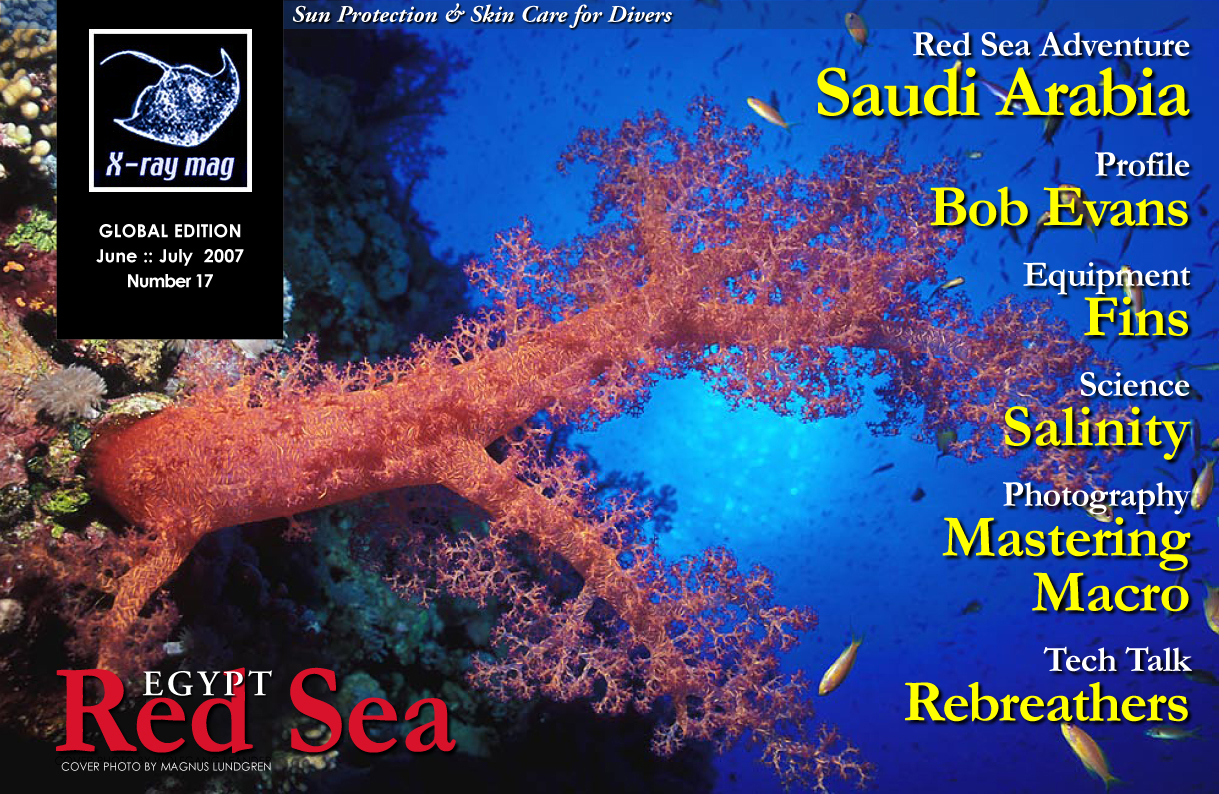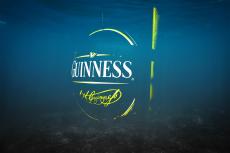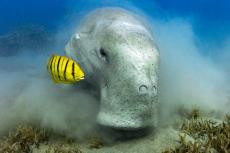There is something special about it, the Red Sea, that I have not found anywhere else on the planet. Granted every destination has its own, but here there is this special ambience of timeless mystique, of remoteness and rugged adventure that just hangs thick in the atmosphere with a whiff of historical greatness and millenias past, topped up with a scent of spices and a distant smell of charcoal from a campfire, or perhaps a sisha—a waterpipe.
Contributed by
Once you get past the sprawling resorts that now send their sprouting tubers and seeds out along the barren coastline—yes, they do market this place aggressively as the “Red Sea Riviera”—you suddenly find yourself in a land where time just seems to cease to exist. The sun wanders across the sky, so does the moon, but what day is it? Out in the desert, who cares? Who is there to care anyway, save for a few scattered Bedouins?
Despite its relative proximity to Europe and the ever increasing convenience and affordability of cheap direct flights, once you head out of the resort areas, you can still wander off and turn around the next corner, or anchor behind the next reef and see no other people or boats in the horizon—nothing but dry and magnificient wilderness.
This goes both for what is above and below the surface, but what a contrast. Above the surface, it is dry, reddish and scorched by the merciless sun under which only mad dogs and Englishmen stray during the height of the day; every other sensible creature is hiding. Below the surface, it is like a garden of Eden, rich in vibrant colour and teeming with energetic life.
Sitting on the deck of a Red Sea liveaboard after a good day’s diving, enjoying a pensive moment of après-diving and a cool drink as glowing red sun sets over the Egyptian desert, is the epitomy of escapism. Pondering who wandered those mountains in biblical times or during the reign of the pharaohs blend in and out of reflections on the day’s experiences down in the blue realm. What day it is soon ceases to have any meaning. Email and SMS is far away, and the daily cycles just break down into a rhythm of diving and dining in no particular order.
Ohoy! There’s a wreck down there...
One morning, as we were enjoying a lazy breakfast while anchored at a reef enroute on a live-aboard to Brothers’ Islands, we heard cries from the water. Startled, we got to our feet to see what all the commotion was all about fearing that someone was in trouble, since an early bird buddy team had gone out before breakfast (certainly not me, as I need my infusions of hot coffee first).
“There’s a wreck down there—come, come!” Within one gulp of coffee everything else about breakfast was instantly forgotten, and we were in our dive gear quicker than Clark Kent could change into Superman. Getting into the water could only go too slow. Still covered in breadcrumbs from brunch, I jumped in the clear blue water and immediately caught a glimpse of a whitish wooden hull in the distance. It was another dive boat that sank recently—a fact that only very fleetingly managed to bother me before a primal urge to explore got the upper hand.
This is the Red Sea in a nutshell. You never quite know what you might bump into, and there are still so many undiscovered nooks and crannies along the extended coastline that anyone can be some kind of explorer in these parts. The beauty and fairly good health of the Red Sea reefs stem from its vast expanse and relative absence of human infrastructure along its extended coastline, thanks to the surrounding landscape being a desert.
Until quite recently, looking back past only a few decades during which resorts started to dot the coastline, there were only a couple of small fishing villages here and a few ports. The place was empty, pretty much, until divers started coming in the sixties and seventies. This particular ratio of wilderness to human infrastructure is still quite favourable if we, for arguments sake, ignore the immediate vicinity of the big resort towns of Sharm el Sheikh and Hurghada, which have now grown to a considerable size—each with a number of hotel beds well into the six figures.
But even here, considering the massive load of tourists and divers in the area, the reefs even close to the towns appear to be in a decent condition. I was actually pretty impressed to see a healthy garden of fragile and sensitive gorgonians at Ras Umm Sidd, just outside Sharm el Sheikh.
“Deep South”
It is in the south that the frontier of development lies today. In the past few years, places like Marsa Alam have apparently started undergoing the same transformation from a sleepy village with a dirt road to a resort dotted community that Sharm el Sheikh underwent 15 years earlier. Down here, you still have shore diving in the old style, which is one thing you can’t do up in Sharm anymore (and one reason that I won’t head for Sharm el Sheikh again).
In contrast, you can still dive your preferred time, have a breakfast in your own time before rigging your gear and simply wade out to enjoy the nearby house reef. I like this style of diving and holiday making simply because it is so relaxing, and that is what I usually need. But who knows how long it will last. The developments seem to happen fast and the frontier just gets pushed southwards by the day.
But it is the live-aboards that are the crème de la crème down here. Ever more luxurious and spacious yachts take discerning divers on one or two-week long winding itineraries in and out of archipelagos and reef structures.
In the deep south of the Red Sea, we find many of the great renowned reefs including St. John, Deadelus, Elphinstone and the Zabargad islands. You find some of the best diving in the word here.
Surely, there are more small critters and biodiversity in the Far East; that is no secret. But the corals of the deep south—especially the gorgonians—are lush and colourful, and there is an amazing amount of fish life. And if you are on good vessels with all the amenities you can ask for, lip service and great food, then life can hardly get any better. Often you can get as many dives as you like and your Nitrogen loading permitting but what’s the point of diving yourself to exhaustion? You can work your self haggard back in the office. ■


























































